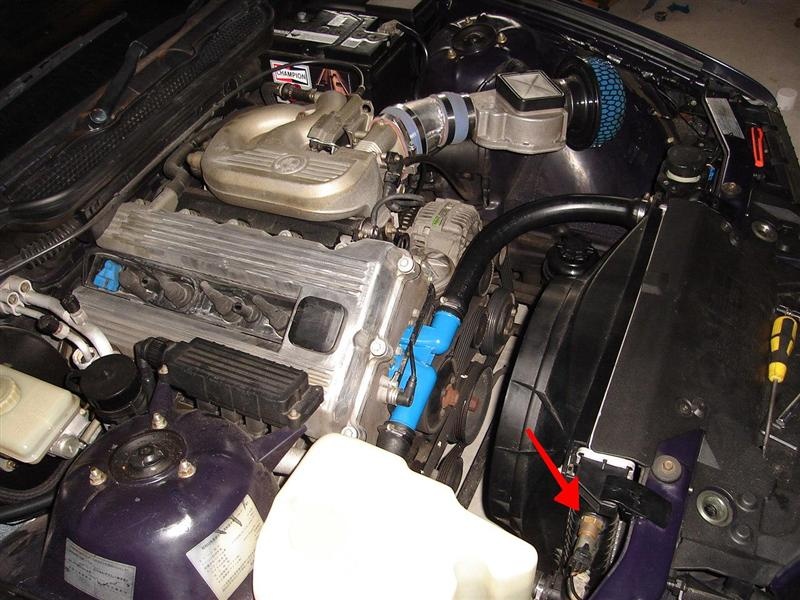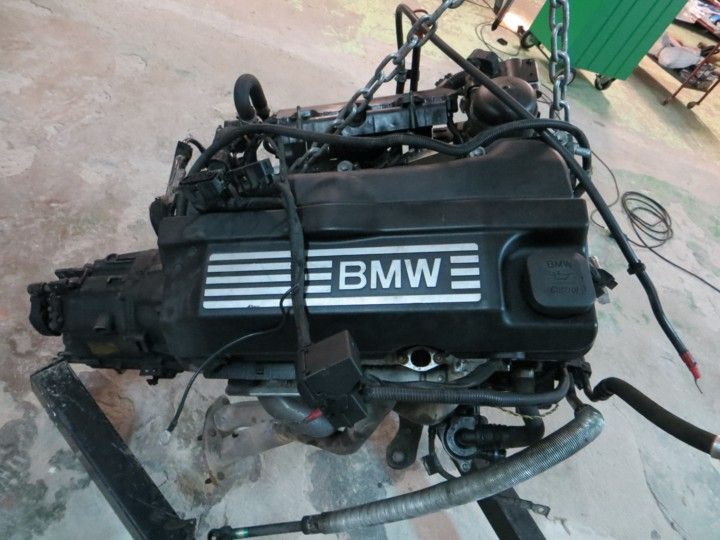BMW 318ti: Efficiency Specs and Characteristics Explained
BMW 318ti: Efficiency Specs and Characteristics Explained
Blog Article
Crucial Considerations for Selecting the very best Engine for Your Demands
In the world of selecting the ideal engine to meet your requirements, numerous important variables need precise consideration to guarantee ideal efficiency and efficiency. From the nuanced equilibrium in between power and performance to the often-overlooked aspects of upkeep and service needs, each aspect plays a crucial duty in identifying the most ideal engine for your particular needs.
Power and Performance
When assessing engines for ideal performance, it is important to prioritize both power output and efficiency. Power output measures the ability of an engine to create energy, which straight influences its efficiency. A high power outcome is vital for demanding tasks such as heavy-duty applications or high-speed requirements. It makes certain that the engine can take care of the work successfully and effectively. Power alone is not enough; performance plays a substantial duty in figuring out the general performance of an engine. Effectiveness refers to how well the engine converts fuel right into useful power. An extra efficient engine will deliver better mileage, reduced discharges, and minimized operating expense. Striking the appropriate equilibrium in between power outcome and effectiveness is crucial to selecting an engine that meets your particular demands. When making this decision, it is crucial to think about factors such as the meant usage of the engine, environmental effect, and long-term expense effects. By meticulously assessing both power and performance, you can choose an engine that supplies ideal efficiency and meets your needs successfully.
Fuel Effectiveness and Economic Climate
In the world of engine option, the consideration of gas efficiency and economic climate holds paramount relevance. Fuel effectiveness refers to the engine's capability to transform gas into energy with minimal waste, directly influencing operating expense and environmental sustainability. bmw 318ti. When choosing an engine, assessing its fuel economy is vital to establish lasting financial savings and ecological effect. Engines with greater fuel effectiveness not only reduce fuel expenditures yet additionally reduce carbon exhausts, adding to a greener operation.

Compatibility and Application
Thinking about the fuel performance and economic situation of an engine, the following essential aspect to address is its compatibility and application within certain operational contexts. Compatibility describes exactly how well the engine integrates with the overall system or tools it this powers. It entails aspects such as physical dimensions, mounting alternatives, electric interfaces, and control systems. Ensuring compatibility is necessary to stop issues such as getting too hot, resonances, or power inequalities (bmw 318ti).
Furthermore, the application of the engine is similarly essential. Different engines are developed for certain purposes, whether it be industrial machinery, marine vessels, cars, or power generators. Recognizing the intended application permits the choice of an engine that can provide the needed power result, torque, and functional characteristics. A high-revving engine created for efficiency autos would certainly not be ideal for sturdy construction equipment that calls for high torque at reduced speeds.
Maintenance and Solution Needs
Maintenance and service needs play an essential role in making sure the longevity and optimal performance of an engine. Routine upkeep is necessary to avoid failures, expand the lifespan of the engine, and maintain its effectiveness. When selecting an engine, it is crucial to take into consideration the manufacturer's recommended maintenance routine and the accessibility of solution facilities or certified professionals.
Factors such as the frequency of oil changes, filter replacements, and general assessments can dramatically influence the engine's performance. Some engines may need more regular maintenance based upon their layout and use, while others may have longer periods between maintenance checks. It is vital to adhere to these service requirements to avoid expensive repair services and unanticipated downtime.

Expense and Budget Plan Considerations
When choosing an engine for a certain application,Budget plan constraints commonly play a considerable duty in the decision-making process. When taking into more helpful hints consideration the expense and budget ramifications of choosing an engine, it is necessary to evaluate not just the initial acquisition price however additionally the long-lasting expenditures connected with upkeep, fuel usage, and potential upgrades or repair services. It is crucial to strike a balance in between the upfront expense of the engine and its total lifecycle costs to make sure that the chosen engine stays monetarily sustainable throughout its operational life expectancy.
Variables such as gas effectiveness, dependability, and sturdiness can straight affect the total price of ownership of an engine. While an extra costly engine may have greater upfront prices, it might possibly result in lower upkeep and fuel expenses over time, therefore offering far better value in the lengthy run.
Conclusion

Fuel effectiveness refers to the engine's capacity to transform fuel into power with marginal waste, directly affecting operating prices and ecological sustainability.Factors influencing gas performance consist of engine design, combustion effectiveness, and total efficiency optimization. Additionally, choosing the proper gas kind and quality as advised by the engine manufacturer can even more improve effectiveness and lengthen engine life-span.
Engines with good service functions and easily available components can minimize upkeep prices and decrease the time the engine is out of procedure - bmw 318ti. It is crucial to strike a balance between the upfront cost of the engine and its overall lifecycle costs to guarantee that the selected engine remains financially sustainable throughout its operational lifespan
Report this page